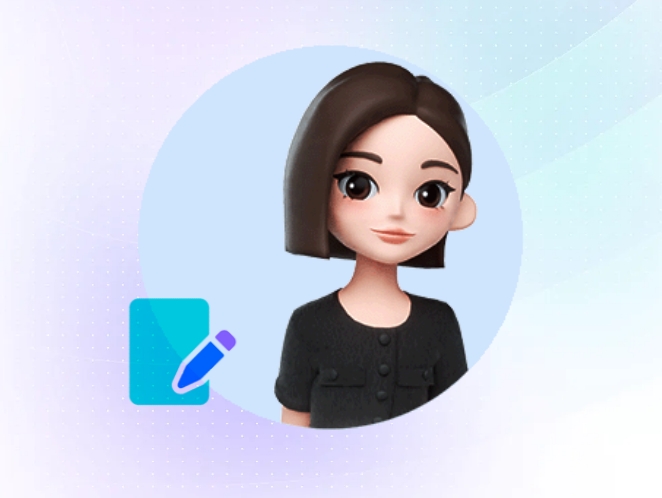Recently, reports have revealed that Apple is facing a serious AI talent crisis. However, the core of this crisis is not the performance of its voice assistant, Siri, but rather the continuous loss of top AI talents to competitors. Since January of this year, Apple has lost about a dozen AI professionals to other tech giants, making it a major "blood loser" in the Silicon Valley AI talent war.
Over the past seven months, Apple's AI team has experienced an unprecedented wave of resignations, with many senior engineers joining competitors such as Meta, OpenAI, xAI, and Cohere. The most notable departure was Ruoming Pang, the head of Apple's foundational model team. Last month, he was lured by Meta's CEO Zuckerberg with a salary of up to $200 million and officially joined Meta, which undoubtedly dealt a heavy blow to Apple's AI team.
Aside from Ruoming Pang, Apple's AI team has also lost several key members this year. Brandon McKinzie and Dian Ang Yap chose to join OpenAI, while Liutong Zhou joined Cohere. Meanwhile, Meta has become a major recipient of Apple's AI talents, with多名 former Apple engineers, including Mark Lee, Tom Gunter, Bowen Zhang, and Shuang Ma, having already joined Meta. Additionally, Floris Weers chose to join a confidential startup.

These departing employees were key contributors to Apple's artificial intelligence model research papers, and their departures have had a significant impact on Apple's AI team. Currently, Apple's core foundational model team consists of only 50 to 60 people, and each loss of personnel has caused irreparable damage to the company. Industry insiders point out that these departures reflect a "trust crisis" that Apple is facing in the AI field. In today's technology industry, top AI talents have become strategic assets that companies are competing for, and their importance is no less than intellectual property.
Facing the dilemma of talent loss, Apple is struggling to advance the update of Siri, attempting to integrate large language models (LLMs) to improve its performance. However, one of the core features of Apple Intelligence announced at last year's Apple Worldwide Developers Conference - the chatbot Siri - has yet to be launched, which has undoubtedly raised doubts about Apple's AI strategy.
To reverse the situation, Apple has established an AI office in Zurich, and the relevant teams are developing a new software architecture for Siri. This new approach, known as a "monolithic model," will be completely built on a large language model engine, aiming to replace Siri's existing hybrid system. For years, as different functions have been layered on top of each other, Siri's current system has become fragmented. The new architecture is expected to make Siri's conversations with users smoother and significantly improve its ability to understand and integrate information.
In a recent earnings call, Apple CEO Cook stated that the personalized Siri driven by Apple Intelligence has made good progress and reiterated that the related features will be released next year. However, given the ongoing loss of AI talents, it remains uncertain whether Apple can fulfill its commitments on time.










